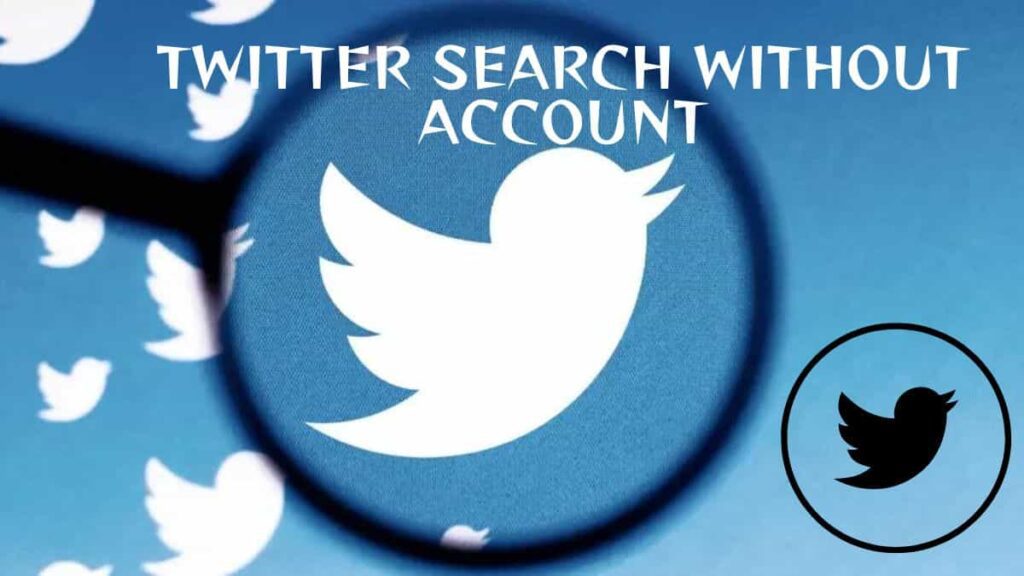In the modern digital age, the phrase “social media app banality of life” has turned into a necessary piece of our everyday schedules, molding how we impart, communicate our thoughts, and see our general surroundings. In other words, we awaken to the sound of warning cautions, to the late-evening looking over meetings before sleep time, online entertainment stages have consistently coordinated themselves into our lives. In any case, underneath the outer layer of preferences, offers, and remarks lies a more profound reality that merits nearer assessment.
- Advancement of Social Media Apps: Straight forward system to Complex Computerized Environments
- The Social Media app banality of life:
- How Social Media makes us feel
- Feeling Alone, in any event, When Associated
- Forces to be calculated and their outcome
- FAQ'S
- Final thought: Social Media App Banality of Life
Advancement of Social Media Apps: Straight forward system to Complex Computerized Environments
In its earliest stages, social media apps filled in as straightforward systems administration destinations, permitting us to interface with loved ones. Over the long run, these stages have developed into complex computerized environments, offering a large number of administrations past simple social cooperation.
Today, social media stages act as center points for sharing photographs, real-time live recordings, conveying news, and in any event, going through with online business exchanges. The ascent of powerhouses and the adaptation of client-produced content have additionally cemented their place in our lives, affecting how we impart, yet additionally, the way in which we consume data and structure our characters.
The Social Media app banality of life:
Despite the wealth of content available on social media, there’s a feeling of banality that swarms our feeds. The expression “banality” refers to the sensation of weariness or uninterest that emerges from seeing similar kinds of posts over and again. Whether it’s unending selfies, unremarkable updates, or exhausted inscriptions, the similarity of content can leave us feeling deadened and separated from this present reality.
How Social Media makes us feel
The mental effect of social media is significant and complex. One of the most striking impacts is the manner in which it sustains deep-seated insecurities and the anxiety towards fear of missing out (FOMO). This is frequently filled by the carefully organized pictures of life that rule our feeds, making a mutilated feeling of reality where every other person is by all accounts carrying on with wonderful lives. Thus, large numbers of us end up caught in a pattern of correlation, continually estimating our own lives against the apparently romanticized forms introduced via social media.
Besides, social media culture has encouraged an unavoidable feeling of inauthenticity, where people focus on endorsement evaluations and social approval over real self-articulation. This has established a climate overflowing with shallow associations and performative ways of behaving, where credibility takes a secondary lounge of importance. Afterward, numerous clients wind up trapped in a steady journey for approval, trying to project a picture that is more satisfactory to others as opposed to being consistent with themselves.


Feeling Alone, in any event, When Associated
Incidentally, while social media has made it more straightforward than at any time in recent memory to interface with others, it has likewise added to a feeling of isolation and disconnection. The consistent blast of warnings, likes, and remarks can create a misguided feeling of social commitment, driving clients to confuse the amount with quality in their connections. This shallow type of association frequently leaves clients feeling more secluded and forlorn than at any time in recent memory, as they battle to track down significant associations in an ocean of shallow cooperations. The saying “Social Media App Banality of Life” captures a reflective truth about up-to-date human knowledge.
Forces to be calculated and their outcome
One of the most important growths in the empire of social media is the increase of the powerhouse culture. Powerhouses, frequently people with enormous followings via social media, have become strong voices that shape patterns, assessments, and customer conduct. While powerhouses can be a source of motivation and diversion, they likewise add to the feeling of inauthenticity and inaccessible norms that overrun social media. Numerous forces to be reckoned with cautiously curate their web-based personas, introducing a spectacular and romanticized variant of life that is distant from the real world. This can prompt insecurities and self-uncertainty among clients, as they contrast their own day-to-day routines with the apparently ideal existences of powerhouses.
FAQ’S
Final thought: Social Media App Banality of Life
Final thought, the expression “Social Media App Banality of Life” typifies a significant truth about the cutting-edge human experience. While social media applications have without a doubt changed how we convey and communicate with others, they have likewise carried with them a large group of difficulties and intricacies. From sustaining deep-seated insecurities and inauthenticity to encouraging a feeling of isolation and disconnection, the effect of social media on our lives is broad and complex.
Nevertheless, social media must be ultimately a device, and like any device, its effect really relies on the way things are utilized. By being aware of our utilization and looking to develop certifiable associations both on the web and disconnected, we can navigate the banality of social media apps and find a balance that enhances instead of decreases our lives.
See also: Unlocking the Power of Twitter Search Without Account



